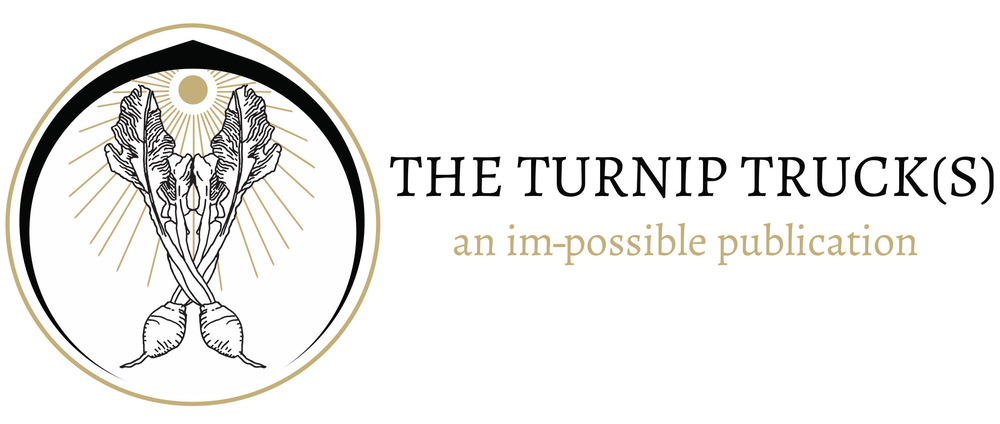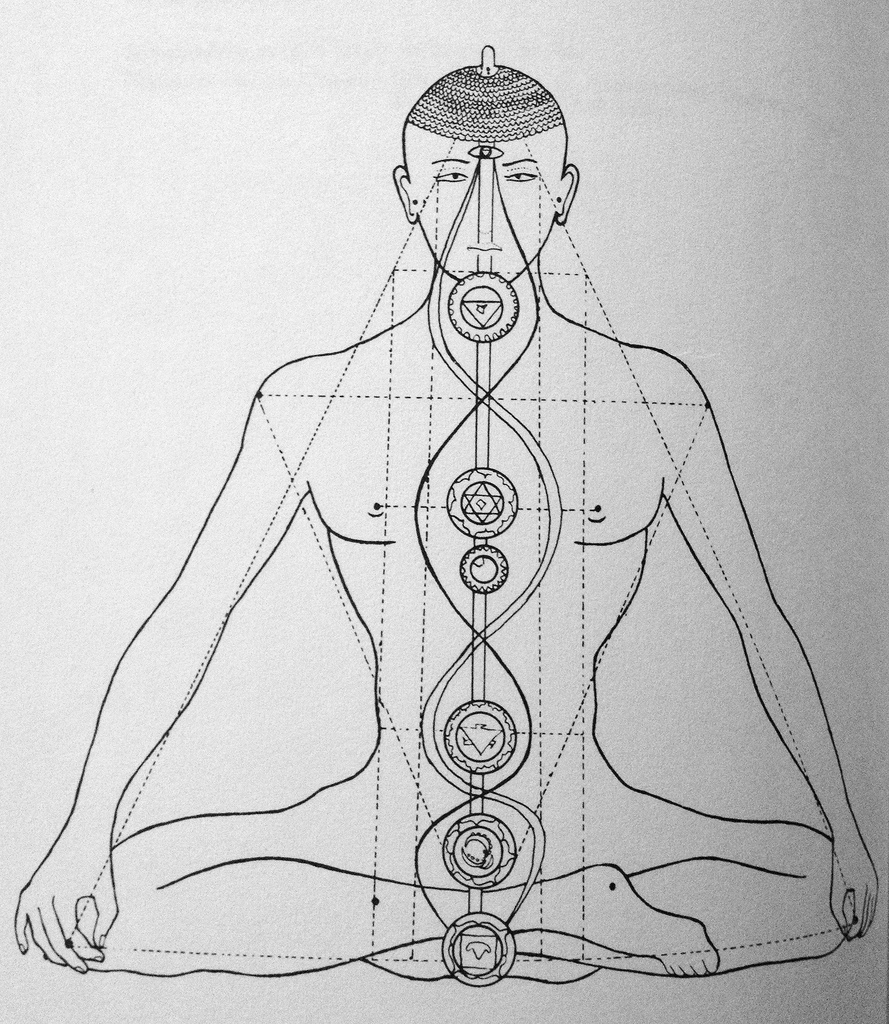A common thread in postmodernism, whether in its various phenomenological iterations or in its various feminist and postfeminist arguments, is that western thought has always privileged the mind over the body. This privileging was as old as philosophy itself, the postmoderns argued, with Plato being the founding culprit (of course) and culminating in René Descartes dictum cogito ergo sum, “I think, therefore I am.” That Descartes had given the mind its final victory over the sensual and emotionally-bound body was just the exclamation point to a long tradition in western thought. Most problematic, for postmodern thought, was that Descartes made the mind, self-conscious thought, the irreducible point of all human knowledge. For Descartes, the body could not be trusted. The mind, thinking of its own thinking, was the only thing that could be trusted as being indisputably true.
The Cartesian duality was thus set as a polemic between mind and world, on the one hand, but more disturbing to postmodern thought, mind and body. According to postmodernism, the Cartesian dichotomy more or less severed the intellect from the fleshy literalness of the body: literally decapitating the mind from its “low and base” body. Defending the role of the body as central for understating human consciousness and human existence itself, Merleau-Ponty inspired generations of feminist thinkers who saw the privileging of the mind as another patriarchal feminization of the sensual and carnal.
But Descartes might have the last word after all. Or at least, we might have to reconsider the fashionable ascendancy of the body in postmodern thought as a premature assertion of bodily being as primary to mental being. The corrective comes from yogic philosophy. It is quite interesting how closely yogic thought echoes the Cartesian vocabulary. Like Descartes, yogic thought understands that the thinking “I” is the foundational point of individual being. The primordial thought is “I exist,” and like the Cartesian reduction, yogic philosophy understands the mind—the self-thinking mind—as a pure starting point of knowledge. Moreover, both philosophies understand that truth begins to dwindle the more bodily desires are adhered to. For Descartes, the mind needs to be the controlling force in human existence just as for yogic thought the mind must be the guide of all individual being—the body simply cannot be allowed to rule because (and on this point yogic thought is quite more adamant than Cartesian thought) the body is the root of futile desire. In fact, as some Hindu philosophy puts it, the mistake that all individuals seem to make is to believe that their bodies are who they are: the idea “I am the body” is called the initial fall from grace, or the first misunderstand. It is through meditation and the other yogic practices that this primordial ignorance, as yogis call it, is corrected. Ignorance creeps in as soon as we begin to define ourselves as simply a body and it is the goal of the yogic way to not to eliminate the body but to have it peacefully synthesize with the mind and find oneness with the greater, universal mind wherein all dichotomies are eradicated. Maybe Descartes was correct all along.


